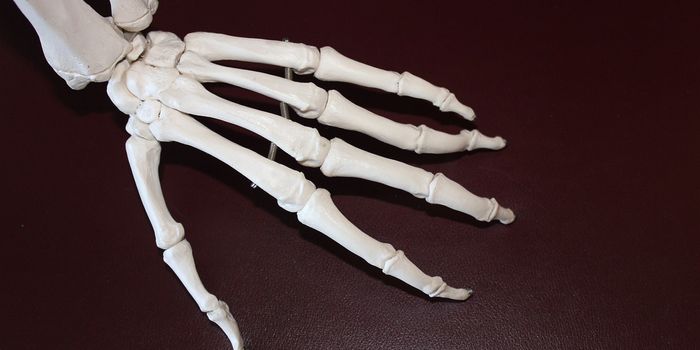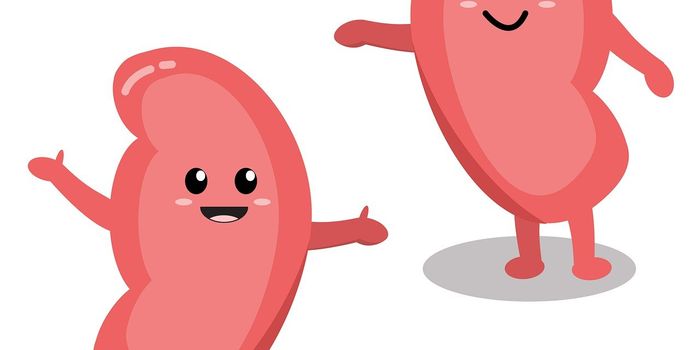Why More Men than Women Die from COVID-19
As of April 9th, over 60% of deaths from COVID-19 in New York state were men. Meanwhile, as of April 6, 82% of patients admitted to the ICU in Lombardy, northern Italy, were men. Why? Although a concrete answer to this question still doesn’t exist, several theories may go some way to explain why.
One argument is that women tend to have stronger immune responses than men. Researchers believe that this may partially be because women have two X chromosomes- the chromosome that contains most of the genes related to the immune system. This may thus mean that women have a wider diversity of immune responses and begin to fight off infections sooner, when viral loads are more manageable.
Another factor may be linked to the fact that women have higher levels of estrogen than men. Just like with COVID-19, more men than women seemed to have died from the virus behind SARS during the outbreak in 2003. To understand why this may be, researchers conducted a study in which they found that male mice tended to be more susceptible to the coronavirus behind SARS than female mice. However, when they diabled the normal function of estrogen in female mice, they found that they were also more likely to get ill.
Behavioral factors may also be at play. For example, smoking is a known risk factor towards developing severe symptoms from COVID-19. Just about everywhere in the world, men smoke more than women. In China for example, while 54% of men smoke tobacco, just 2.6% of Chinese women do. Although the difference may not be as stark as in other countries such as the US and Spain, the disparity still does exist and so may also explain some of the difference in mortality rate.
Until more data is known on how COVID-19 affects men and women differently, as well as more detailed mortality statistics from different countries, it will be difficult to draw any conclusions on why the virus kills off more men than women. Once this data is known however, researchers hope that it may be used to help develop different treatments and vaccines for individual patients according to their needs.
Sources: Vox, Journal of Immunology









